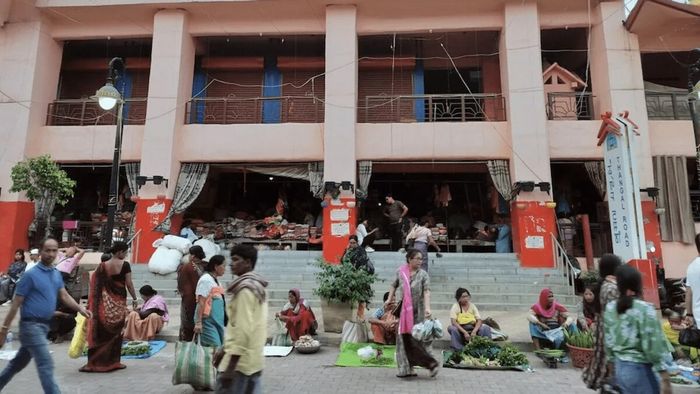KOHUR marks World Indigenous Day, highlights humanitarian concerns in Manipur
Over 230 lives lost and 60,000 displaced in Manipur conflict. KOHUR calls for restoration of essential services and policy review. Concerns raised over border policy and long-term socio-economic impacts.

- Aug 10, 2025,
- Updated Aug 10, 2025, 11:06 AM IST
The Kuki Organization for Human Rights Trust (KOHUR), on the occasion of the International Day of the World's Indigenous Peoples, highlighted the ongoing plight of the indigenous Kuki-Zo people in Manipur and called for urgent national and international intervention.
While acknowledging the resilience and heritage of Indigenous communities worldwide, KOHUR said the observance must also recognise the challenges facing conflict-affected populations in the state since May 3, 2023.
Humanitarian Impact
According to KOHUR, more than 230 lives have been lost, over 1,500 villages destroyed, and 7,000 homes reduced to rubble. The group estimates that more than 60,000 people remain displaced, many staying in temporary relief camps. They noted concerns over overcrowding, sanitation, and access to basic necessities.
The Trust also highlighted the risk of long-term socio-economic challenges, including loss of livelihoods and disruption of community stability.
Essential Services Under Strain
KOHUR’s statement pointed to a shortage of functioning healthcare facilities in Kuki-inhabited hill districts, with many camps reportedly lacking safe drinking water. It said preventable diseases, maternal health complications, and malnutrition were being reported in significant numbers.
Accessibility and Connectivity Issues
The organisation raised concerns about road connectivity and safe mobility for displaced and affected families, noting that many rely on difficult routes for access to markets and medical services. They called for investment in all-weather roads and measures to restore secure movement within and between affected areas.
Border Policy Concerns
KOHUR also referred to the impact of changes in border policy, such as the fencing along the Indo-Myanmar border and the suspension of the Free Movement Regime. They said these measures had disrupted traditional trade, movement, and cultural ties for communities living along the border.
Key Requests
In its statement, the Trust urged the government to:
- Restore healthcare, clean water, and education services in affected areas.
- Review policies affecting Indigenous communities in light of the UN Declaration on the Rights of Indigenous Peoples (UNDRIP).
- Seek community consent before implementing border fencing projects.
- Consider administrative arrangements to ensure security and welfare of the affected population.
Call for Practical Measures
KOHUR concluded by emphasising the need for concrete steps to address humanitarian needs and protect Indigenous rights, noting that symbolic gestures should be accompanied by actionable solutions.